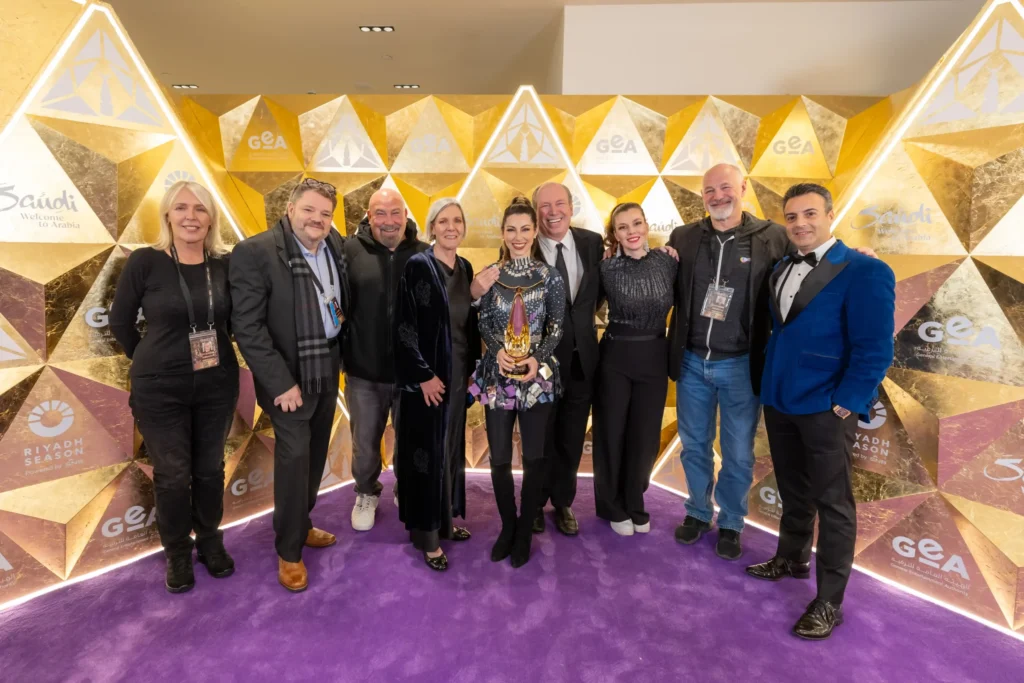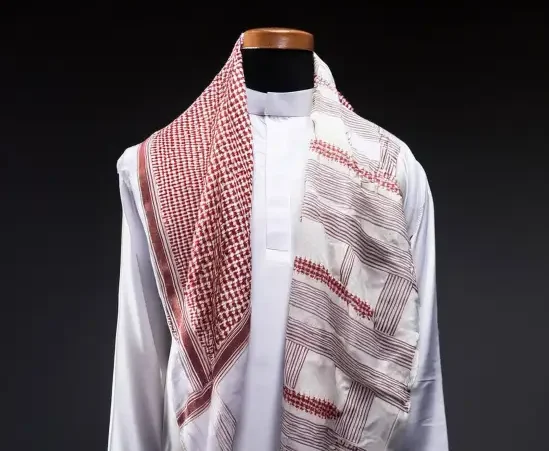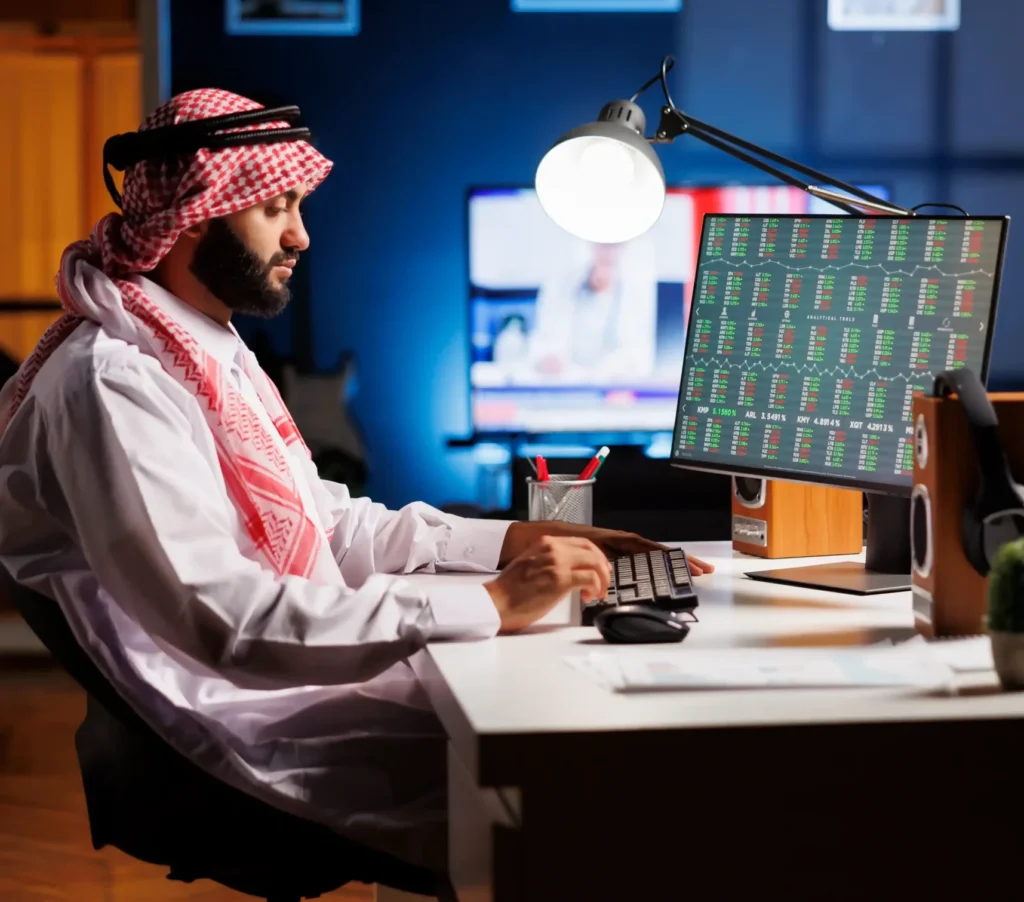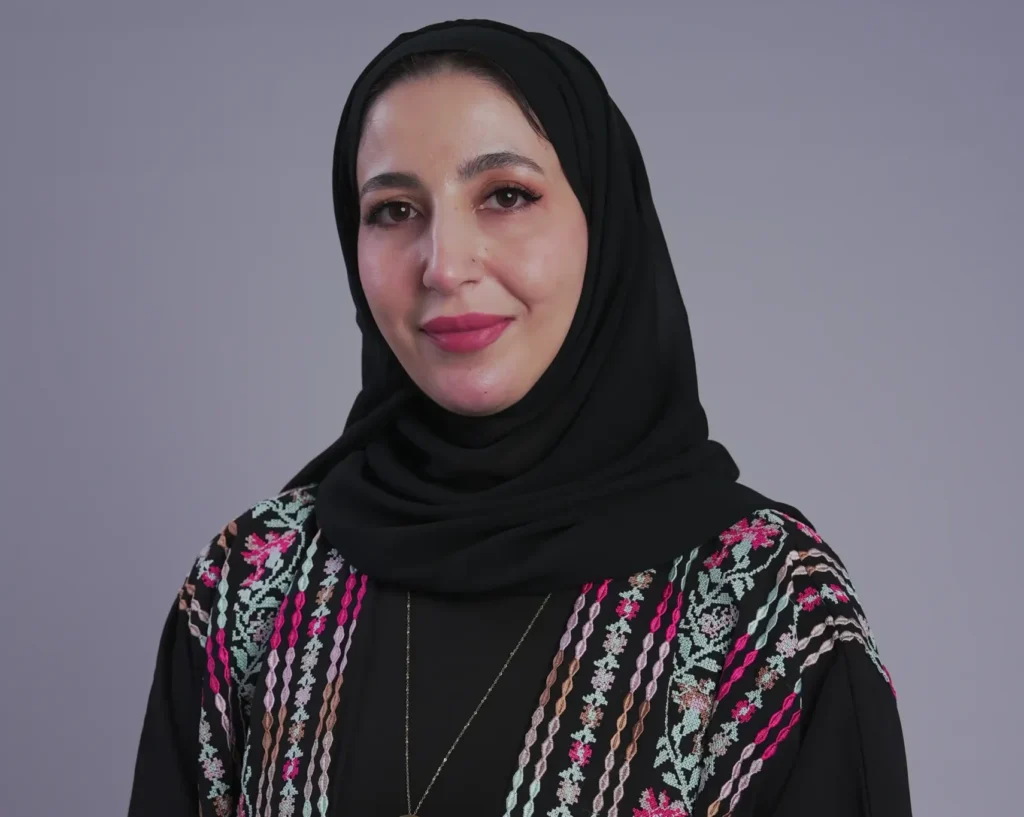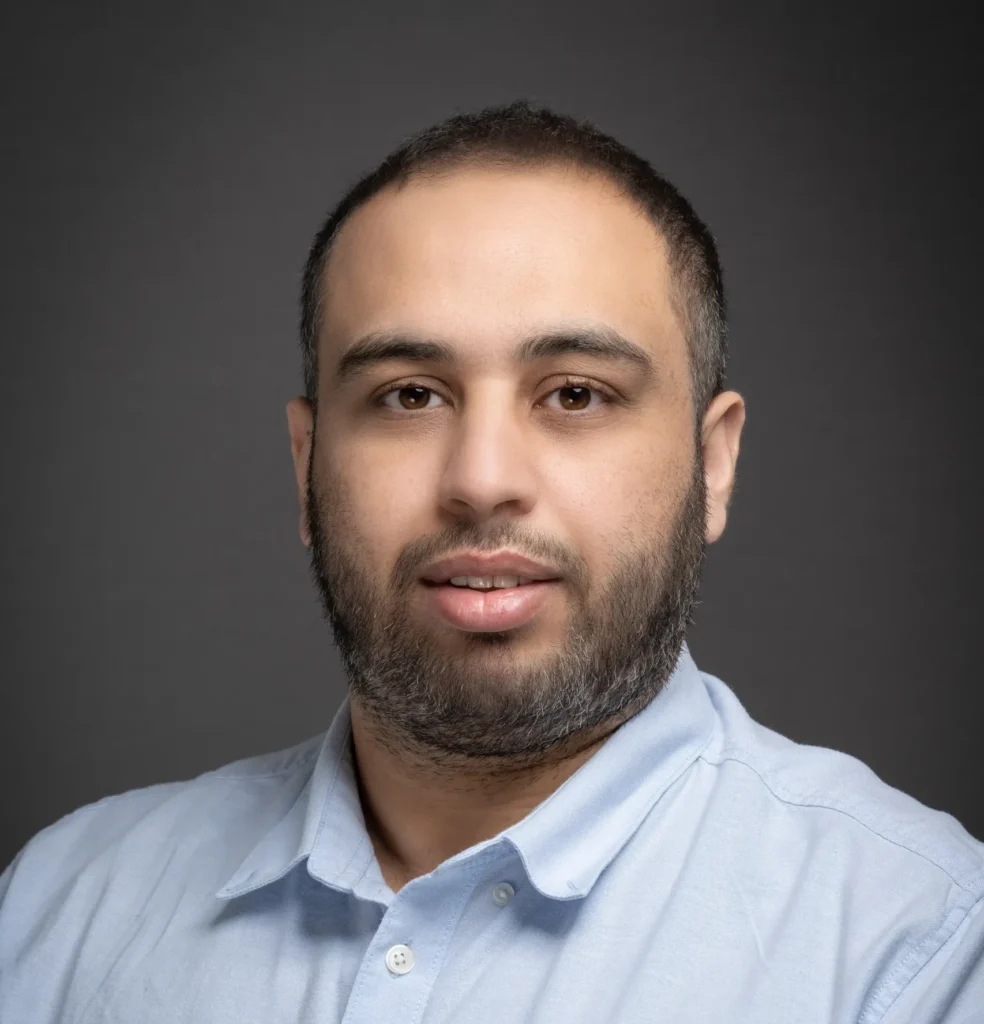Rawan Bin Hussain A Multifaceted Icon of the Arab World
GRAWAN BIN HUSSAINA Multifaceted Icon of the Arab World By Michalle Clark Introduction Rawan Bin Hussain, an internationally recognized Kuwaiti influencer, singer, actress, and entrepreneur, has captivated audiences with her unique blend of talent, elegance, and determination. Her inspiring journey from a law graduate to a digital mogul highlights her versatility and resilience. In this article, we explore the life and achievements of Rawan Bin Hussain, delving into her early beginnings, meteoric rise in social media, ventures in music and acting, entrepreneurial success, and the personal values that shape her influence. Born and raised in Kuwait, Rawan Bin Hussain displayed a passion for academics and the arts from an early age. She pursued her higher education in the United Kingdom, a decision that set the stage for her future success. A graduate of King’s College London, she holds a Master’s degree in Law, a testament to her intellectual rigor and dedication to self-improvement. While many may associate her with her glamorous online presence, Rawan’s academic achievements reveal another layer of her persona. Her education not only broadened her worldview but also laid the foundation for her entrepreneurial ventures. Balancing the disciplines of law with the creative freedom of her passions, Rawan exemplifies the importance of education in achieving a multidimensional career. Rawan’s journey into the digital realm was as strategic as it was natural. Leveraging her legal expertise and innate entrepreneurial spirit, she ventured into various business domains. Her most notable achievements include launching @shopkimiskin, a skincare brand tailored to meet the diverse needs of her audience, and @rawanfitnessclub, which emphasizes health and wellness. Both ventures showcase her ability to identify market gaps and turn them into opportunities. Her success as a digital entrepreneur has not gone unnoticed. Rawan has been lauded for her innovative approach to business, earning her awards and accolades within the industry. She has seamlessly merged her background in law with her business acumen, creating brands that are as thoughtful as they are impactful. Rawan Bin Hussain’s meteoric rise to fame is closely tied to her adept use of social media. Her Instagram account, @rawan, boasts millions of followers who are drawn to her luxurious lifestyle, impeccable fashion sense, and authentic content. Whether showcasing high-end fashion, sharing personal moments, or providing beauty tips, Rawan’s posts resonate deeply with her audience. Her ability to connect with fans has made her one of the most influential figures in the Middle East. She is more than just an influencer; she is a trendsetter who bridges the gap between Arab traditions and modern global trends. Her Instagram is a testament to her eye for aesthetics and her skill in curating content that inspires and engages. Not content to rest on her laurels, Rawan expanded her repertoire to include music and acting. Her melodious voice and compelling performances have been met with acclaim, earning her a dedicated following in these creative fields. In music, Rawan has released songs that blend traditional Arabic influences with contemporary sounds, creating a unique style that appeals to a broad audience. Her venture into acting showcases her versatility, as she takes on roles that challenge her creatively and allow her to connect with audiences on a deeper level. These artistic pursuits are not just career milestones but also outlets for Rawan’s self-expression. They reflect her willingness to explore uncharted territories and continuously evolve as an artist. Rawan Bin Hussain is more than a social media personality or entrepreneur; she is a role model and advocate for important social causes. Using her platform, she addresses issues such as women’s empowerment, self-confidence, and mental health. Her candid discussions about personal struggles and resilience have inspired many to embrace their authentic selves. As a mother, Rawan also emphasizes the importance of balancing professional aspirations with family life. Her journey demonstrates that women can excel in multiple domains while staying true to their values. She is vocal about redefining societal norms, encouraging women across the Middle East to pursue their dreams unapologetically. Rawan’s entrepreneurial spirit is perhaps most evident in her ability to build successful brands. With a keen understanding of the modern consumer, she has created products and services that resonate with her audience. Her skincare line, @shopkimiskin, reflects her commitment to quality and inclusivity, offering products designed for diverse skin types. Meanwhile, @rawanfitnessclub promotes holistic well-being, aligning with her advocacy for a balanced and healthy lifestyle. Both brands are extensions of Rawan’s personal philosophy, emphasizing authenticity, innovation, and empowerment. Like any successful figure, Rawan Bin Hussain has faced her share of challenges. From navigating the pressures of public life to managing multiple responsibilities, her journey has not always been easy. Yet, her resilience and determination have allowed her to turn setbacks into stepping stones. Her story serves as a reminder that success is not without struggles. By openly sharing her experiences, Rawan has fostered a sense of relatability with her audience, proving that even the most glamorous lives have their challenges. Rawan Bin Hussain represents a new generation of Arab women who are redefining traditional roles. She embodies a harmonious blend of modernity and tradition, celebrating her cultural roots while embracing global influences. Whether through her fashion choices, music, or business ventures, she showcases the richness of Arab culture on the world stage. Her influence extends beyond her immediate audience, impacting how Arab women are perceived globally. Rawan’s success story challenges stereotypes, offering a more nuanced narrative of what it means to be an Arab woman in the 21st century. As Rawan Bin Hussain continues to expand her horizons, her future looks brighter than ever. With plans to grow her business ventures, explore new creative projects, and deepen her advocacy work, she remains a dynamic and inspiring figure. Her legacy is not just in her achievements but in the lives she has touched. Whether inspiring young entrepreneurs, empowering women, or entertaining audiences, Rawan’s impact is profound and far-reaching. Rawan Bin Hussain is a true icon of the Arab world, embodying beauty, intellect, and ambition. Her journey from a


